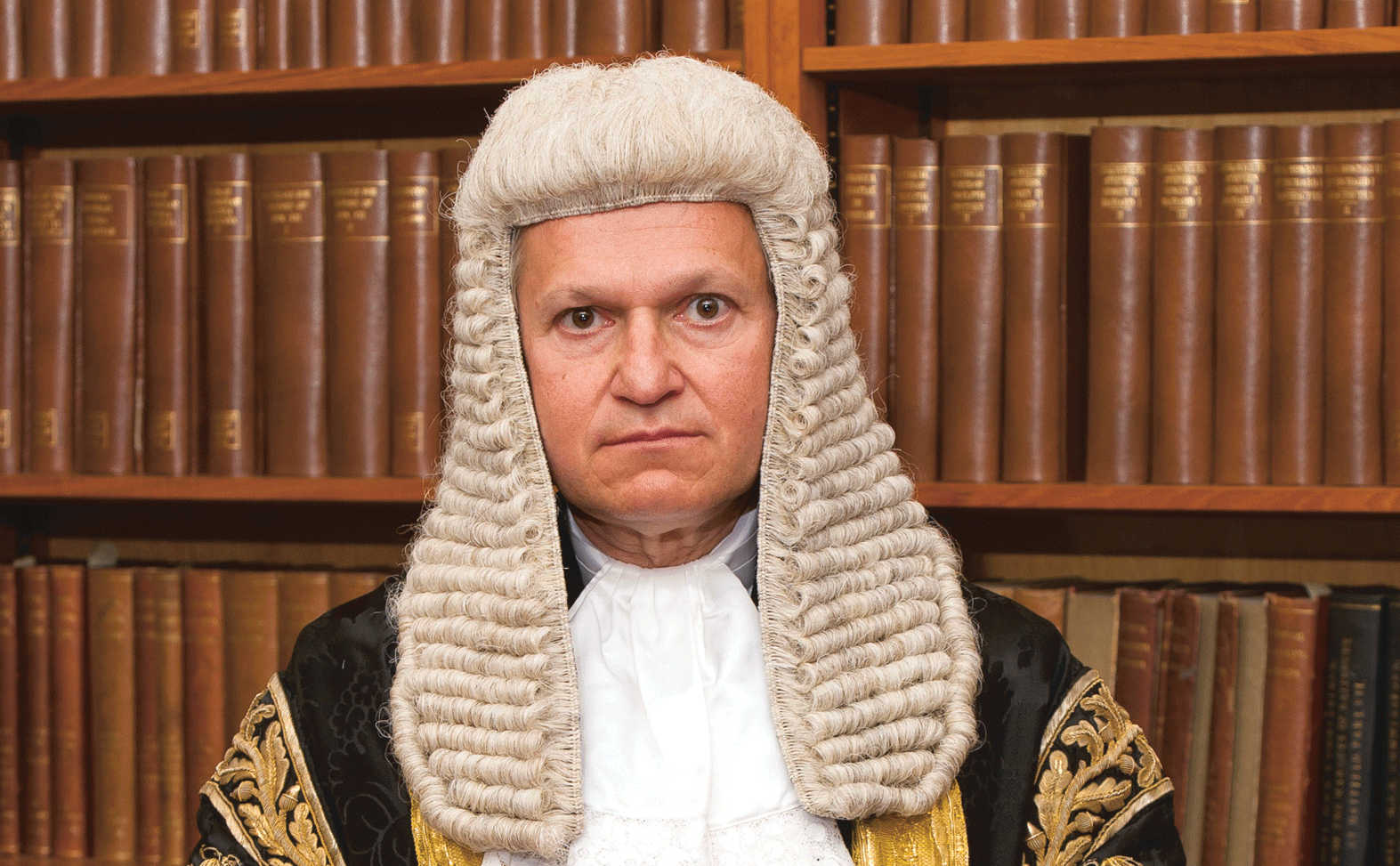Long awaited reforms that could limit the quantity of material disclosed in civil litigation could help ensure the Business and Property Courts remain competitive internationally, solicitors have claimed as a pilot of the new scheme was given the green light.
New rules approved yesterday will replace ‘standard disclosure’ with between ‘basic’ and ’extended’ disclosure. Basic involves only the key documents needed for an opponent to understand the case, while extended will ask parties will have to request one of five models. The final decision will be up to the judge.
A two-year pilot scheme will run at the Business and Property Courts in the Rolls Building in London from 1 January 2019. Pilots will also be held in Bristol, Birmingham, Cardiff, Leeds, Liverpool, Manchester and Newcastle.
The reforms were recommended in late 2017 by the Disclosure Working Group (DWG) – a group of lawyers, experts and judges - set up in May 2016 by Sir Terence Etherton, now master of the rolls. According to a paper published at the time, the volume of data disclosed had reached ‘unmanageable proportions’. The London Solicitors Litigators Association (LSLA) said this has been exacerbated by the digital age.
Under the new rules, basic disclosure will be the standard. Extended disclosure will be granted on an issue-by-issue basis. Parties will be required to persuade the court to order one of the five models. Those will range from an order that only ‘known adverse documents’ be produced, through to orders requiring a party to undertake wide-ranging searches applying the broadest test of relevance.
According to the working group announcement, the rules demand that judges be ‘proactive and robust’ when deciding which models are appropriate. ‘The courts will not accept, without question, the disclosure model proposed by the parties,’ it added.

The Rt. Hon. Sir Geoffrey Vos, chancellor of the High Court, said: 'It is a much-needed and far-sighted reform. There will now be a menu of options available to litigants so that disclosure can be targeted appropriately to the kind of case that is being litigated. This is an example of the Business and Property Courts responding to the legitimate concerns and expectations of their users. I much look forward to seeing the results of the pilot’.
Ed Crosse, immediate past president of the LSLA and disputes partner at City firm Simmons & Simmons, said the new scheme will demand a ‘greater rigour’ from parties to ensure they produce only those documents that are strictly necessary but preserve the ability for a party to seek orders that ‘no stone be left unturned in appropriate cases’.
‘These new rules should help ensure that our courts continue to be regarded as innovative, and highly attractive for domestic and overseas clients with disputes to resolve, especially in a post-Brexit era,’ he said.
Julian Acratopulo, LSLA president, said: ’The reforms provide a procedural framework within which litigants can continue to enjoy all the benefits of disclosure in appropriate cases, but with the flexibility to apply a lighter touch, where necessary.’



























9 Readers' comments